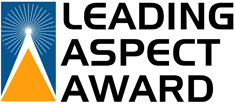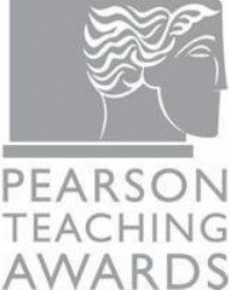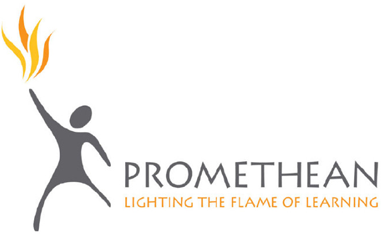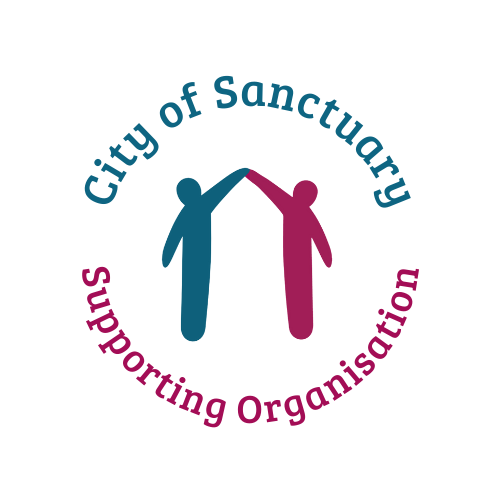 Business Studies (KS4):
Business Studies (KS4):
Subject Information Overview
Below is a visual overview of the content available on this page. Click the appropriate title to view the relevant section
Curriculum
Area Staff Curriculum
InformationCurriculum
OverviewExam information for GCSE
qualifications in this Subject AreaKnowledge
Organisers
Curriculum Area Staff
|
Katie Steingold (Co-CAL Computing and Business) |
Jon Smith |
Should you require more information about this subject area please contact:
|
Name: Mrs K Steingold |
Name: Mrs Jennie White |
Curriculum Information
The main ambition of the Business Studies curriculum is to develop our students as commercially minded citizens. We hope that through an exciting and engaging curriculum, we can develop our students' capacity to expand their knowledge of business and develop their ability to be enterprising. Our curriculum aims to enable learners to rise to the demands of a truly modern and evolving business environment. The curriculum is designed to spark imagination and inspire commercial thinking and to enhance our students' capacity to effectively take their place in the world of Business, should they wish to pursue a business career pathway beyond this qualification.
A GCSE qualification in Business Studies encourages students to be inspired, moved and challenged by following a broad, coherent, satisfying and worthwhile course of study and gain an insight into related sectors. The Business Studies GCSE prepares students to make informed decisions about further learning opportunities and career choices.
GCSE Business Studies enables students to:
- Actively engage in the study of Business and Economics to develop as effective and independent students and critical and reflective thinkers with enquiring minds.
- Use an enquiring, critical approach to distinguish facts and opinions, to build arguments and make informed judgements.
- Develop and apply their knowledge, understanding and skills to contemporary issues in a range of local, national and global contexts.
- Appreciate the range of perspectives of different stakeholders in relation to Business and Economic activities.
- Consider the extent to which Business and Economic activity can be ethical and sustainable.
Business Studies students will cover a wide range of topics across two main themes. The first theme focuses on an introduction to small businesses in which students will learn all about entrepreneurial skills and qualities, marketing, cash flow and profit and loss and also external factors influencing a business such as interest rates and exchange rates. The second theme is all about growing the business and within this, students will learn how to grow and expand a business, how to finance an expansion and also how to make operational and human resource decisions within a company. Each topic covers a wide range of Business subjects and gives the students the opportunity for discussion and decision-making.
Curriculum Overview
Below is a summary overview of the topics and their content that will be studied in each term by each year group. For more information about each topic, get your child to visit learning journeys and resources on the school online learning platform - Ready Steady Learn.
| Year Group | Terms 1 & 2 | Terms 3 & 4 | Terms 5 & 6 |
| 10 |
1.1 Enterprise and entrepreneurship
1.2 Spotting a business opportunity
|
1.3 Putting the Business Idea into Practice
1.4 Making the Business Effective
|
1.5 Understanding external influences
2.1 Growing the Business
|
| Assessment details |
In class, mock assessments followed by an in depth feedback lesson |
In class, mock assessments followed by an in depth feedback lesson |
In class, mock assessment followed by an in depth feedback lesson
Partial Topic 2 formal assessment at the end of the year |
| 11 |
2.2 Making Marketing Decisions
2.3 Making Operational Decisions
|
2.4 Making Financial Decisions
2.5 Making human resource decisions
|
This final term is dedicated to review, recall and revision exercises for within Topic 2 |
| Assessment details |
In class, mock assessment followed by an in depth feedback lesson
Formal mock exam carried out in Nov for Topic 1 |
In class, mock assessment followed by an in depth feedback lesson Formal mock exam carried out in Nov for Topic 1 and 2 |
Final Exam |
KNOWLEDGE ORGANISERS
A Knowledge Rich Curriculum at Selby High School
Research around memory suggests that if knowledge is studied once and not revisited or revised, it is not stored in the long-term memory. This means that after one lesson, or revising for one test, the knowledge will not be retained unless it is studied again. It won’t be recalled unless it is revisited frequently, which will embed it in the long term memory. In the long term this makes recall far easier. As part of home learning, students should be revising what they have been taught recently but also content they were taught previously. Therefore as part of our strategy to embed learning over time we have started to develop knowledge organisers across all year groups and curriculum areas. These will provide key content and knowledge allowing students to pre-learn and re-learn, a vital part of processing all the information required to be successful in the new style GCSE’s.
Instructions for using your knowledge organisers
KS3 = Years 7, 8 & 9
KS4 = Years 10 & 11
Below are the knowledge organisers for each topic in this subject. These knowledge organisers will become embedded in the Learning Journeys for each topic as they are created on Ready Steady Learn.
Exam information for GSCE qualifications in this subject area
Click each link below to view the full specification:
Edexcel Level 2 GCSE (9-1) in Business (1BS0)
- Theme 1: Investigating small business
- Theme 2: Building a business
















